Google is boosting its artificial intelligence (AI) capabilities with three major innovations: Gemini 3, Nano Banana Pro, and WeatherNext 2. According to an article posted on 1TheGioi.vn, integrating Gemini 3 into most of Google's services such as Search, Workspace, Android, and Cloud shows that the company wants to turn AI into the "nervous system" of all digital products.
Unlike before when AI was just a side feature, this time Google is aiming for a full rollout. Gemini 3 is seen as the intelligent foundation layer that other services can build on.
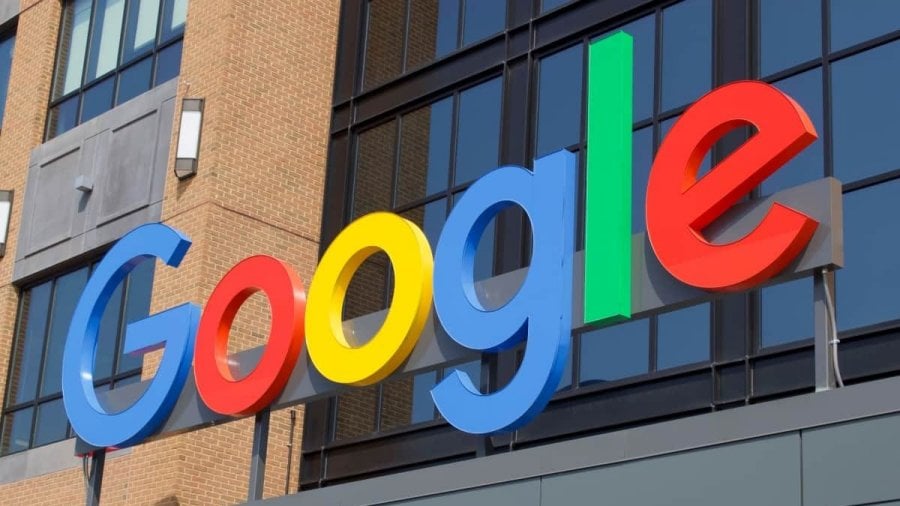
Illustration photo.
Together, these three innovations represent Google’s long-term vision: a multi-layered AI architecture from foundational to creative design to scientific application—demonstrating Google’s broad research and implementation capabilities, surpassing many competitors that operate in only a certain field.
One of Google’s biggest advantages is its massive user base. Billions of users across products like Search, Android, Gmail, Maps, and more provide Gemini 3 with rich interaction data, allowing it to innovate faster and scale tasks much more efficiently than smaller competitors.
Furthermore, Google has a strong cloud computing infrastructure (Google Cloud) and specialized hardware for AI such as TPU, which helps deploy models at low cost and high efficiency, which many other companies find difficult to meet in the long term.
The challenge of becoming the “only AI giant”
Although Google is leading in ecosystem integration, the company is still not able to dominate the AI field because many strong competitors have their own advantages. According to 1TheGioi.vn, OpenAI is still a major force in creating language models and chatbots.
One of Microsoft's strengths is integrating AI into Windows operating systems and enterprise tools like Office, Teams, Azure - something that Google finds difficult to replicate at scale due to different usage habits and business structures.
Anthropic is also a formidable competitor to Claude, a model that places a heavy emphasis on safety, logic, and security – requirements that are often prioritized in enterprise environments.
In China, companies like DeepSeek, Alibaba and Baidu are also developing powerful AI, taking advantage of cloud infrastructure and a large domestic market - something Google has difficulty accessing due to legal barriers.
In general, today's AI market is considered "multipolar": Google is strong in ecosystem, OpenAI is famous for models, Microsoft in enterprises, Anthropic in logic-safety, and Chinese companies in cost - making competition fierce but also healthy.
Google is making a big move in the AI race with Gemini 3, Nano Banana Pro and WeatherNext 2, creating a broad and diverse intelligence platform. These moves help Google consolidate its pioneering position, but complete domination is still a big challenge for competitors with distinct advantages. The AI market today is not just a race for speed but a long-distance race, where many "big guys" develop together in the direction of specialization.
Source: https://doanhnghiepvn.vn/doanh-nhan/google-thay-doi-chien-luoc-ai-tu-theo-sau-den-dan-dat-nhung-van-khong-doc-ba/20251125040913011







![[Photo] Close-up of heavy damage at the school located on the banks of the Ban Thach River](/_next/image?url=https%3A%2F%2Fvphoto.vietnam.vn%2Fthumb%2F1200x675%2Fvietnam%2Fresource%2FIMAGE%2F2025%2F11%2F26%2F1764152130492_ndo_bl_img-8188-8805-jpg.webp&w=3840&q=75)









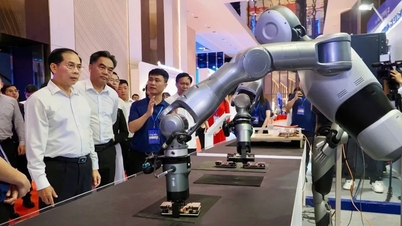

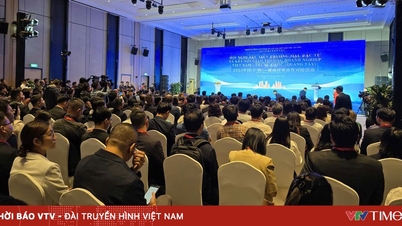






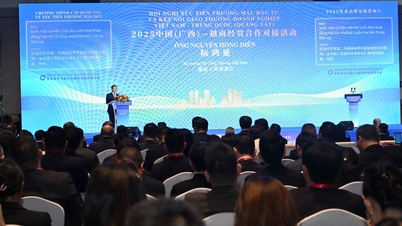





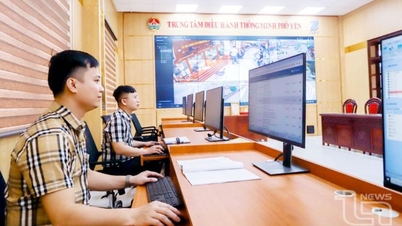



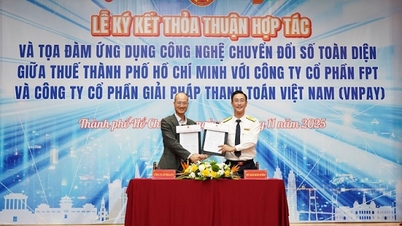
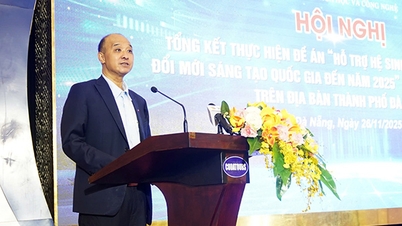


























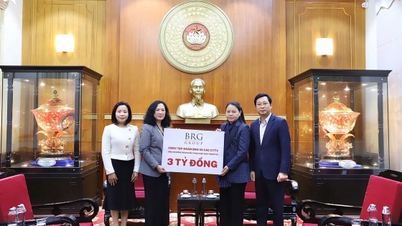












![[Photo] Opening of the 28th Session of the Hanoi People's Council](https://vphoto.vietnam.vn/thumb/402x226/vietnam/resource/IMAGE/2025/11/26/1764155991133_image.jpeg)




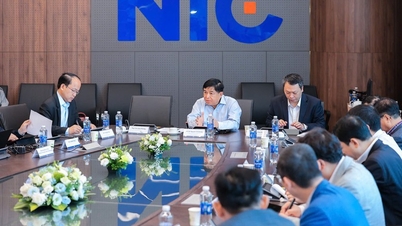



























Comment (0)